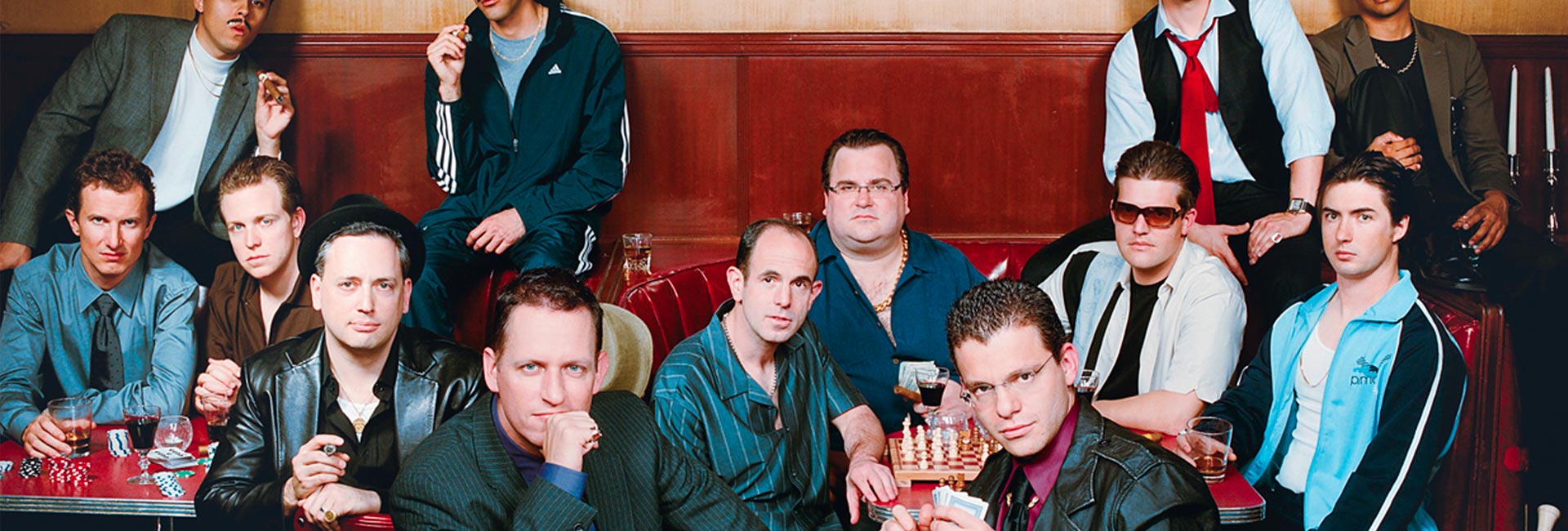
PayPal went public but then got acquired quickly, which caused an exodus of talent. Unlike PayPal’s “mafia,” it’s still expanding.

“I don't think Palantir alumni companies start that way.” There are people that are like, ‘I want to start a company because it's the fastest path to making a ton of money, so I’m gonna stand in front of a whiteboard, I'm gonna write every idea I can come up with, and then pick the least bad one,’” said Stephens, who is also co-founder and executive chairman of Anduril.

Other companies like Amplitude and Blend went public in the billion-dollar-plus range (although they haven’t been spared in the market correction). The big companies in the Palantir Pack that would meet Rabois’ definition include startups like defense tech platform Anduril, NFT marketplace OpenSea, developer tool Sourcegraph and wealth manager Addepar.Palantir meets those requirements and then some, and has several more potentially very valuable companies in the pipeline.

To be a successful “mafia” by tech standards, Keith Rabois once suggested to me that you need at least three unicorns to come out of it along with a distinct culture.

It’s been a shining example of the PayPal Mafia, but it’s spawned a network of its own thanks to the unique culture that contributed to the many successful startups and venture funds that emerged from it. Thiel was one of the founders of Palantir, the data company that quietly (and sometimes controversially) built itself into a multibillion-dollar business. It’s a well-known group thanks to an infamous Fortune magazine photo shoot of the PayPal Mafia and the network of startups and venture firms that have come from its founders and employees.īut PayPal isn’t the only mafia that Thiel is a part of. Tonight, a bunch of PayPal alumni will be gathering at Peter Thiel’s mansion in LA to celebrate the 20th anniversary of its IPO.


 0 kommentar(er)
0 kommentar(er)
